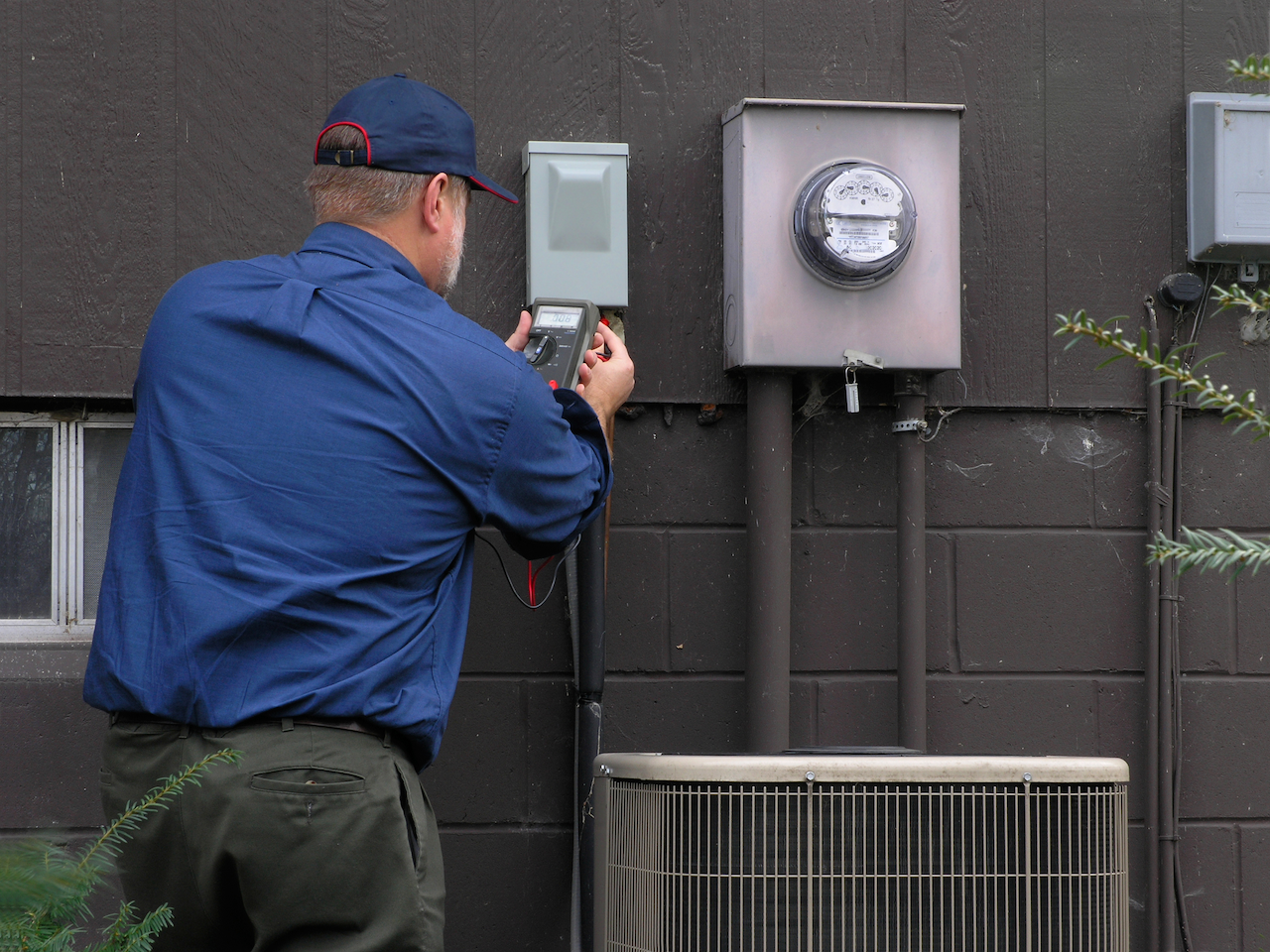You know your business like the back of your hand. You know the cost of every part, the time it takes for every job, and the name of every long-term customer. But what about the things happening outside your shop or warehouse? The wider economy, shifts in your industry, and even what’s happening on Wall Street can have a real impact on what your business is worth.
Understanding how these big-picture changes affect your company’s value is crucial, especially when you start thinking about selling. You might be an expert plumber or a top-notch manufacturer, but a professional small business valuation looks at more than just your day-to-day operations. It considers the world around your business.
This article will break down how market changes can raise or lower what your business is worth, using real-world examples that make sense for owners in trades like HVAC, plumbing, and distribution.
What is a Business Valuation and Why Does it Change?
Think of your business's value like the price of a house. The house itself—its size, condition, and features—is the biggest factor. But the neighborhood it's in, the local job market, and the overall housing market also play a huge role. If new jobs are coming to town and lots of people want to move in, your house is worth more. If a major local employer shuts down, its value might drop, even if you just renovated the kitchen.
A small business valuation works the same way. The value is based on your profits, your team, and your equipment. But it’s also influenced by external market forces. A buyer isn't just buying your past success; they're betting on its future success. And that future is tied to the world around it.
1. The Overall Economy: Interest Rates and Recessions
The health of the national economy is one of the biggest factors influencing your business's value. When the economy is strong, people and companies have more money to spend, and it’s easier for buyers to get loans.
Interest Rates
When the government raises interest rates to fight inflation, it becomes more expensive for anyone to borrow money. This directly affects potential buyers of your business. If a buyer needs a loan to purchase your manufacturing company, a higher interest rate means their monthly payments will be larger. This reduces how much they can afford to pay you for the business.
● Example: Imagine a buyer was approved to borrow $2 million to buy your distribution business when interest rates were 4%. A year later, rates are at 7%. That same monthly payment might now only get them a loan for $1.6 million. Because their borrowing power is lower, their offer for your business will likely be lower, too.
Recessions and Economic Downturns
During a recession, customers tighten their belts. For an HVAC company, this might mean more people choose to repair their old AC unit instead of replacing it. For a light manufacturing business, it could mean your clients order smaller batches of parts. If your sales and profits dip because of a recession, your valuation will likely follow.
However, some businesses, like plumbing and HVAC repair services, are considered "recession-resistant." People can’t put off fixing a burst pipe or a broken furnace. If you can show a buyer that your business performs well even when the economy is slow, it can make your company even more attractive and valuable.
2. Industry-Specific Trends and Changes
Every industry goes through its own cycles of change. New technologies, government regulations, and shifting customer demands can all have a major impact. Staying on top of these trends is key.
Technology Shifts
New technology can be both a threat and an opportunity. For example, the rise of smart home technology and energy-efficient systems has been a huge boost for modern HVAC and plumbing businesses. If your company has experience installing these systems, it adds to your value. If you’ve ignored these trends, a buyer might see your business as outdated and factor in the cost of catching up.
● Example: A plumbing business that specializes in installing high-efficiency tankless water heaters and smart leak-detection systems is more valuable than a competitor that only offers traditional services. The forward-looking business is better positioned for future growth.
Government Regulations
New laws can create instant demand. Think about government incentives for green energy. When tax credits are offered for installing heat pumps or high-efficiency furnaces, demand for those services skyrockets. If your business is ready to meet that demand, your revenue—and your valuation—will climb. On the flip side, new environmental or safety regulations could require expensive equipment upgrades, which a buyer would view as a future cost.
3. The M&A Market: Buyer and Seller Demand
"M&A" stands for mergers and acquisitions. It’s just a fancy term for the market of buying and selling companies. Like any market, it’s all about supply and demand.
Buyer Demand
Sometimes, there’s a flood of money looking for good businesses to buy. This happens when private investors, family offices, or larger companies are eager to expand. When lots of buyers are competing for a limited number of solid businesses, prices go up.
Right now, industries like HVAC, plumbing, and other home services are very popular with investors. They like the steady, predictable revenue from service contracts and the fact that the work can't be outsourced. If you own a business in a "hot" sector, you’re in a great position to command a higher price.
Seller Supply
Conversely, if a lot of owners in your industry decide to sell at the same time—perhaps a wave of baby boomers is retiring—the increased supply can give buyers more options and potentially drive prices down. Timing your sale when demand is high and supply is reasonable can make a significant difference.
How to Protect Your Valuation from Market Swings
You can’t control interest rates or prevent a recession, but you aren’t helpless. You can take steps to make your business as strong and attractive as possible, no matter what the market is doing.
● Focus on Profitability: Consistent, predictable profits are the #1 driver of value. Keep your operations lean and your pricing smart.
● Build Recurring Revenue: Service agreements for HVAC maintenance or regular supply contracts in manufacturing are like gold to a buyer. This shows stable income that isn't dependent on constantly finding new one-off jobs.
● Stay Current: Keep an eye on industry trends. Invest in new training and technology that will keep your business relevant for the next decade, not just the next year.
● Get Professional Guidance: Don't guess what your business is worth. Professional business evaluation services can give you a realistic picture of your company’s value today and help you identify areas for improvement.
Take Control of Your Business’s Future
Market conditions will always change, but a great business is always a great business. By understanding how external factors can affect your company’s value, you can make smarter strategic decisions and be better prepared for an eventual sale. Getting a professional small business valuation is the first step in understanding where you stand and how you can work toward a successful exit.
If you own a business in the HVAC, plumbing, manufacturing, or distribution industries, it's never too early to start planning. We can provide a confidential, no-pressure evaluation of your business and help you understand how to maximize its value. Reach out today to start the conversation about securing your legacy.
Notice: For general educational and informational purposes only; not to be relied upon as financial, tax, or legal advice. Financial decisions carry inherent legal, tax, and other risks. Past performance is not a guarantee of future results. Use of this content creates no relationship with us, and we are not liable for any losses or damages from your use of this information. ANY WARRANTIES, EXPRESS OR IMPLIED, ARE HEREBY DISCLAIMED. You use this content at your own risk.






